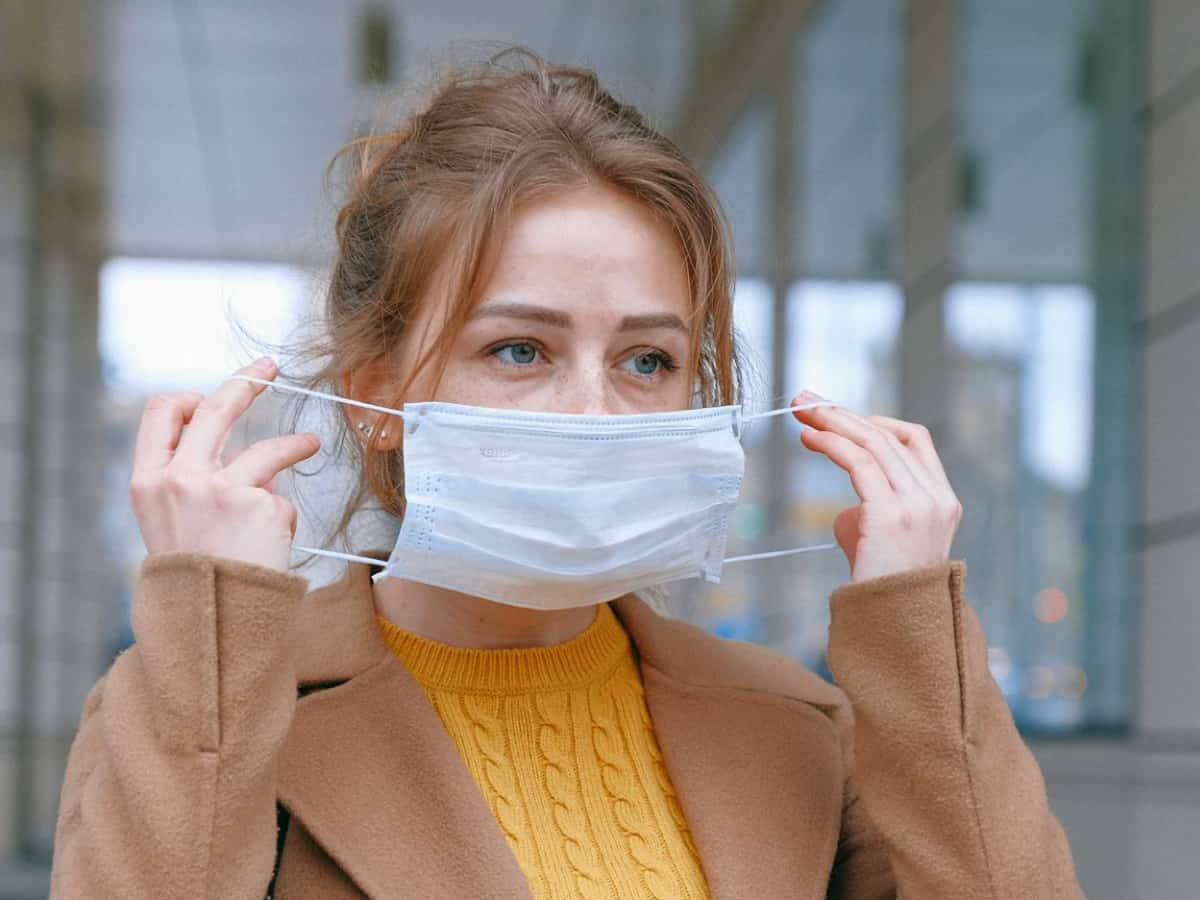Story Highlights
- The FLiRT variants of COVID-19 are derived from the Omicron lineage, specifically the JN.1 variant.
- These variants are named based on the technical mutations F, L, R, and T.
- One particular variant, KP.2, is of increasing concern in the US.
FLiRT Variants: An Overview
A new family of variants of COVID-19, known as the FLiRT variants, has emerged in the United States. These variants stem from the deadly Omicron lineage, particularly the JN.1 variant that led to a surge in cases earlier this year.
Understanding FLiRT Variants
The FLiRT variants are named based on the technical mutations they possess. These include the letters F and L, as well as R and T. Among these variants, KP.2 has garnered significant attention due to its prevalence.
Concerns Surrounding FLiRT Variants
Researchers are actively studying the FLiRT variants to gather more insights. Dr. Eric Topol from Scripps Research notes that while KP.2 is on the rise in the US, it is premature to predict if it will lead to a major surge in cases in the upcoming months.
Current data from the US CDC indicates that KP.2 accounts for approximately 25% of newly sequenced cases as of late April. However, other FLiRT variants like KP.1.1 have not spread widely in the US.
Impact on Public Health
Despite the rise of KP.2 and its relatives, experts suggest that it may not result in a significant wave of infections. The virus has not mutated drastically, and individuals previously infected with JN.1 seem to have some level of protection against reinfection.
A recent study from Japan suggests that KP.2 is less infectious than JN.1, offering some reassurance amidst concerns.
Vaccine Efficacy
Vaccines remain a crucial defense against severe COVID-19 outcomes. However, preliminary studies indicate that FLiRT variants may pose challenges in evading immune protection from vaccines compared to JN.1.
Experts recommend continuing vaccination efforts and staying updated on future vaccine formulations based on the evolving virus strains.
Public Health Recommendations
While the virus continues to evolve, public health advice remains consistent. It is essential to get vaccinated, conduct regular testing, stay home when unwell, and consider mask-wearing in crowded settings.
















































